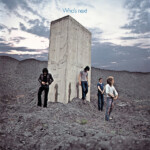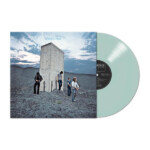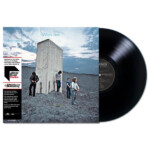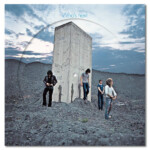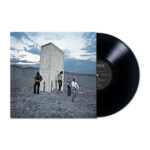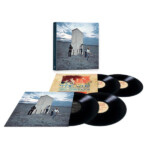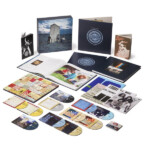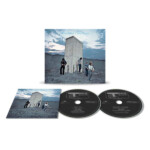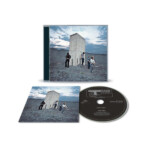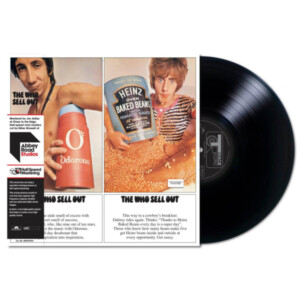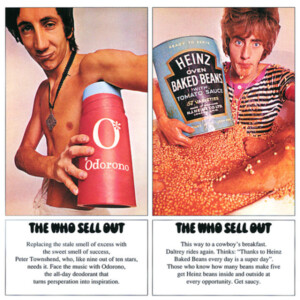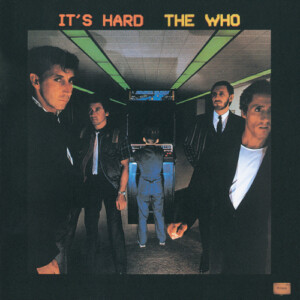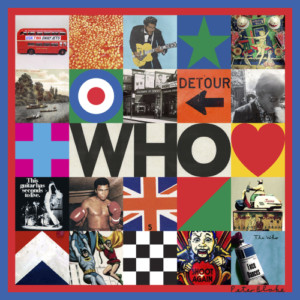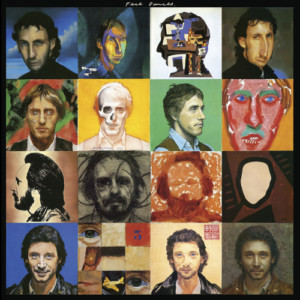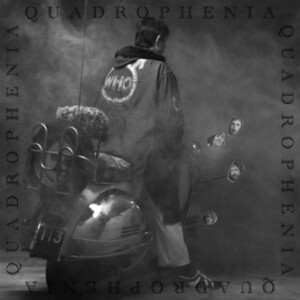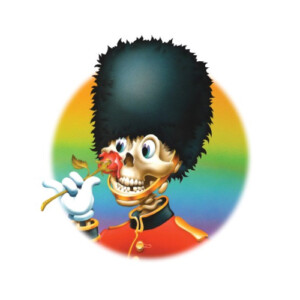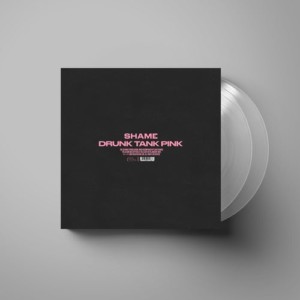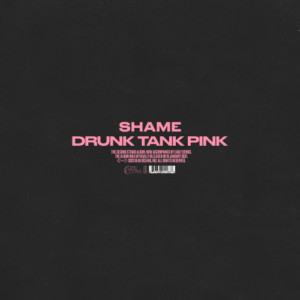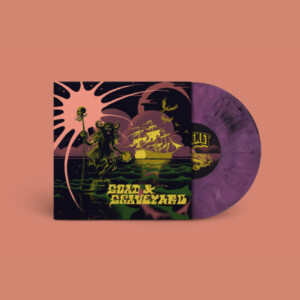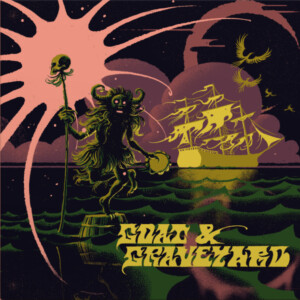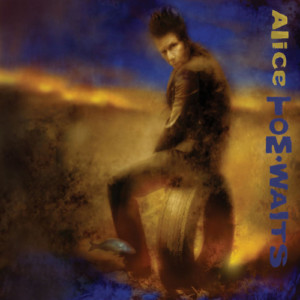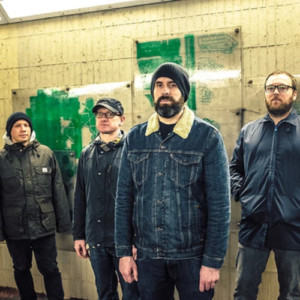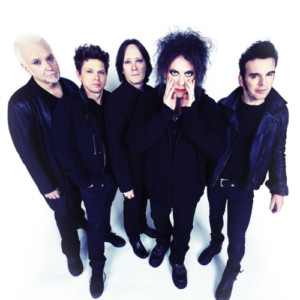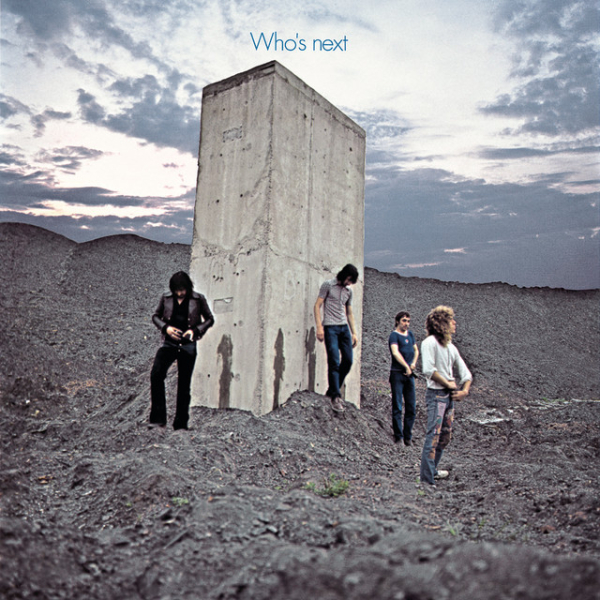
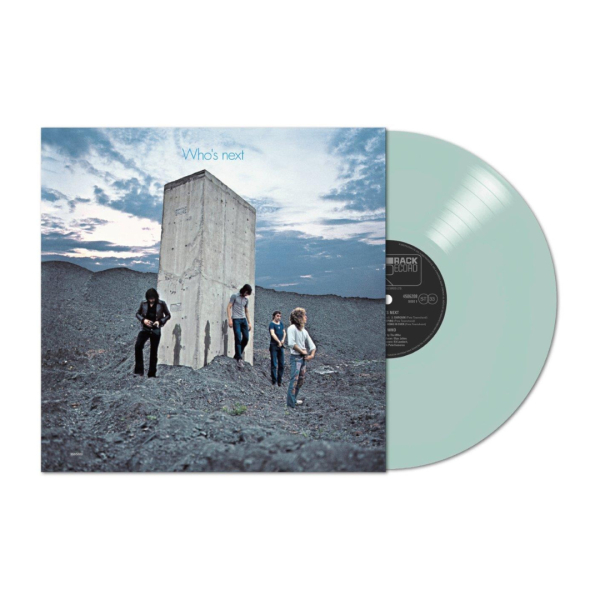
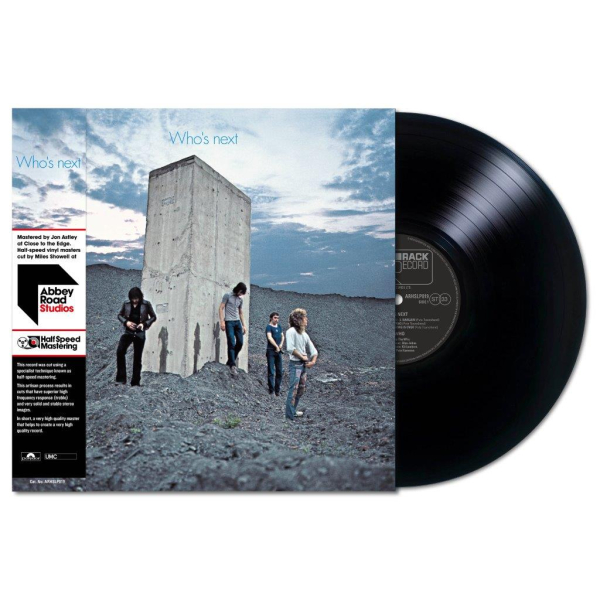
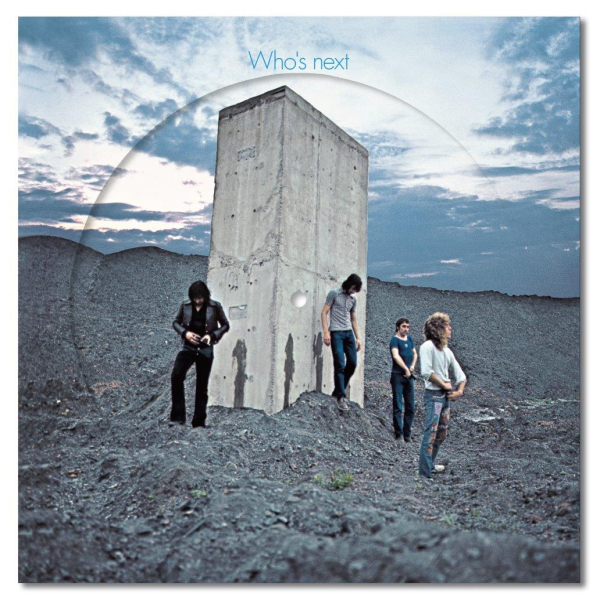
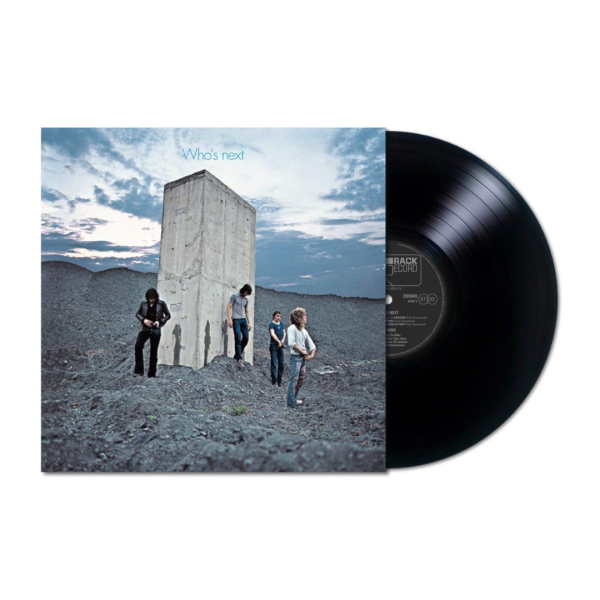
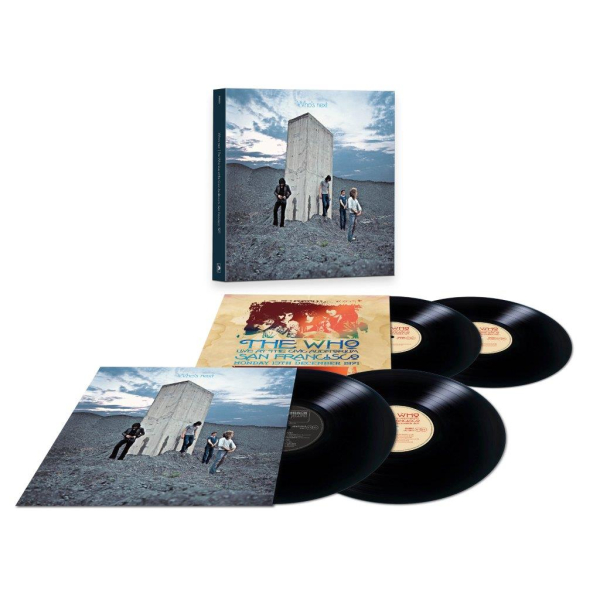
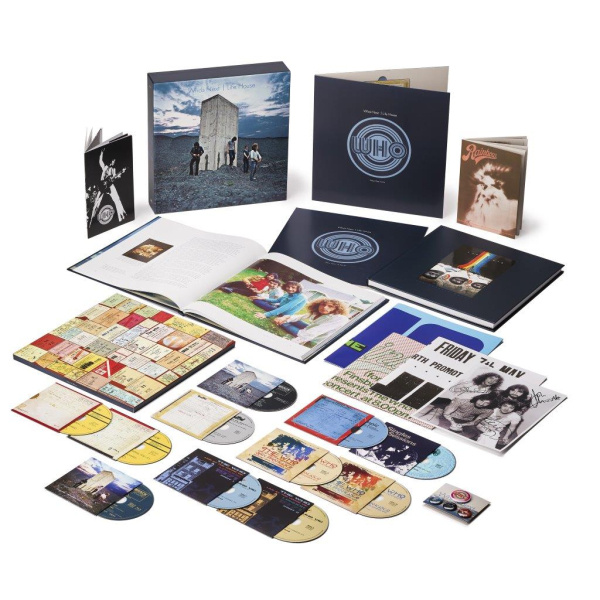
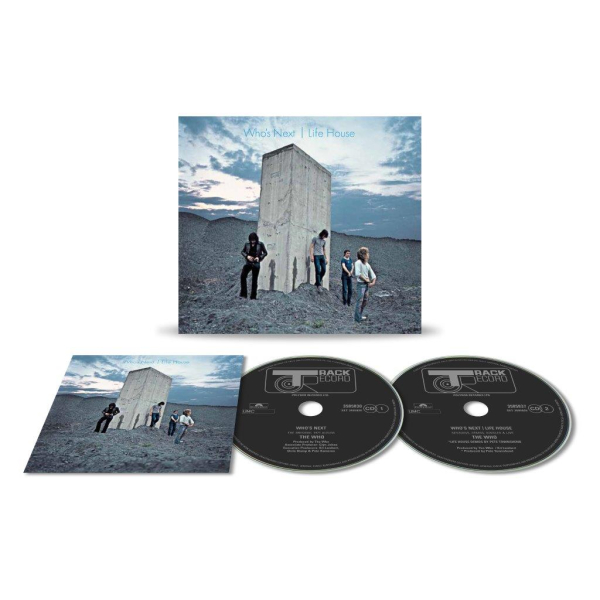
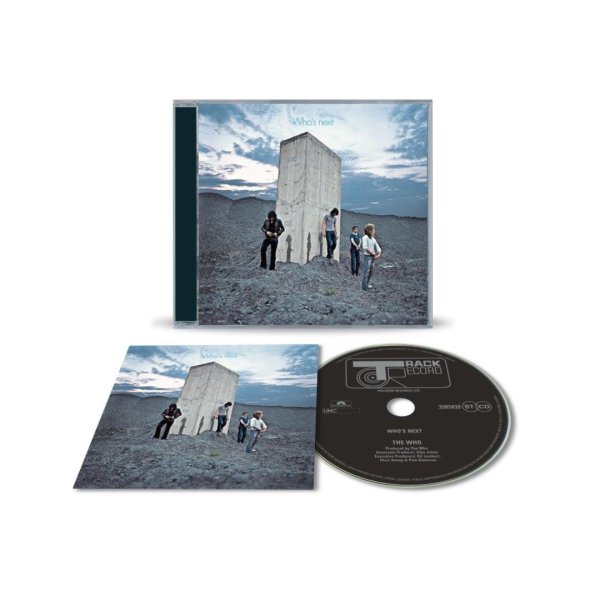
Who’s Next (50th Anniversary)
We'll match any legitimate price for the exact same product - Contact Us Now
From £10.99
| Indies Exclusive Ltd Ed. Coke Bottle Coloured LP – | Cat:4506208 | Barcode:602445062089 |
| Limited Edition Half-Speed Master LP – | Cat:ARHSLP19 | Barcode:602435852201 |
| Picture Disc LP – | Cat:4506231 | Barcode:602445062317 |
| Standard Black LP – | Cat:3585840 | Barcode:602435858401 |
| Limited Edition 4LP – | Cat:3585853 | Barcode:602435858531 |
| 10CD Super Deluxe Edition – | Cat:3587307 | Barcode:602435873077 |
| 2CD – | Cat:3585826 | Barcode:602435858265 |
| 1CD – | Cat:3585839 | Barcode:602435858395 |
Following recent super deluxe editions and multi-format releases of classic Who albums – The Who Sell Out, My Generation, Tommy and Quadrophenia, we follow with Who’s Next – considered by many to be the band’s greatest album. The album was a ground-breaking musical achievement and raised the bar for other artists to follow and continues to inspire to this day.
At the start of a new decade The Who, and in particular their main song writer Pete Townshend, faced an unenviable dilemma. How do you follow up on an international sensation called Tommy?
The response was an ambitious, futuristic but prescient project named Life House.
The ideas contained in Life House predicted a dystopian world which seems all too familiar today. Themes of environmental change, all too powerful corporations and technology, such as the internet, which the public knew nothing of at the time. Here are Pete Townshend’s own words describing Life House…
1971. Life House was a double-barrelled project. One part film script, the other part the plan for a live musical experiment to be carried out at the Young Vic Theatre to be filmed and incorporated into the fictional movie.
After the success of Tommy, providing The Who with a very powerful and uplifting concert piece as well as a hit album, I tried to create an audacious music project that would replace it musically for stage and album. I hoped too for a movie. I framed Life House as a portentous polemic about the coming of a nation beaten down by climate issues and pollution. In a sci-fi setting an opportunist and autocratic government enforce a national lock-down in which every person is hooked up to an entertainment grid, provided with solace, food, peace, and spiritual succour. The population could enjoy this Grid safe at home, using virtual reality experience suits. Life experience programmes would be provided by a co-opted entertainment industry and piped down tubes and wires to every home.
Music is discovered to be a very real distraction to the subjugation of the population in suits. Slowly it is removed from the programming. Rebels and renegades who refuse to be compliant ride around in crude converted buses and vans, listening to rock ‘n’ roll. It is the rebels who begin to hear rumours of the “Life House,” a place somewhere in London where live music is being performed, and an outlandish experiment was taking place.
One aspect of both the story and the hopeful plan for the Young Vic live music experiment was for me as a composer to act as a computer to create tailor-made compositions for selected audience members who attended a series of workshops at the Young Vic. Two good examples of the kind of music I hoped to compose are the electronic music backing tracks of “Baba O’Riley” and “Won’t Get Fooled Again.” In the story a new leader (partly based on myself, and partly based on several technical advisors I was working with at the time) put on a series of concerts, where such tailor-made music is created, and eventually would be piped into the government Grid to allow the oppressed population to break free.
A side bar of the fiction is that many participants in the government Grid project begin to advance spiritually, partly because of the sheer number of lifetimes they can enjoy squeezed at high-speed into every moment they remain incarcerated. When the Life House experiment does reach its target, and music is secretly piped into every individual’s experience suit, a universal uprising with immense spiritual and congregational impact takes place. In the Life House itself, down at the Young Vic, the participants all disappear to a higher level.
Earlier, I used the adjective ‘audacious’ to describe my plans. In fact, the fiction and the experiment were both flawed, and neither were properly realised. But some wonderful music came from the project, and the idea has always held me in thrall, partly because so many of the strands of the fiction seem to be coming true.
Format: 1LP, 180g, Transparent Colour Variant #2 (Indies Exclusive)
Format: 1-LP (1/2 speed Master)
Format: 1-LP Picture Disc
Format: 1LP, 180g, Black Vinyl
Format: 4LP, Black Vinyl, Original Album, plus Live In San Francisco 1971
Format: 10CD, 1BR, Textured Comic, 12″x12″, Box, Promo Items, SDE
Format: 2CD, Album, Highlights
Format: 1CD, Remastered, Standard

